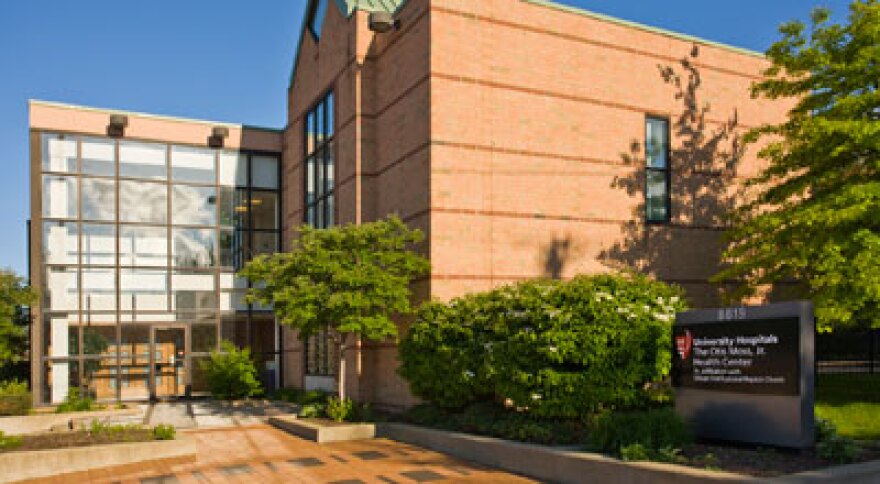The Ohio Legislative Black Caucus is calling on Gov. Mike DeWine to prioritize getting the COVID-19 vaccine to Black Ohioans. And the head of a medical center in a predominantly Black Cleveland neighborhood agrees that expanded access is needed.
Dr. Carla Harwell is medical director of University Hospitals Otis Moss Jr. Health Center in the Fairfax neighborhood. She says there are likely several reasons for the low vaccine rate among Black people in Cuyahoga County.
She agrees with the OLBC that many Black neighborhoods simply don’t have the kinds of establishments where vaccines are being offered—namely, grocery stores and pharmacies. And she says Black patients may be skeptical of providers who don’t look like them.
"When there's doctor and patient racial concordance, there's greater patient satisfaction, greater patient adherence to treatment regiments, and there's a higher level of trust," Harwell said.
She concurs with Barbara Sykes, head of the Black Caucus’ foundation, on the need to increase access, especially to technology, in Black neighborhoods, which would make it easier to sign up for the vaccine.
“Not everyone has access to computers and laptops. They may not have Internet service , and I think [this] is a hurdle for anybody, though, not just Black folks," Harwell said. "The next thing is, if you have one site set up for where I can go get it, and now I have transportation issues, then that's another hurdle.”
Harwell adds that there also needs to be greater inclusion for people of color in clinical trials, though that could be hindered by mistrust given the history of trials such as the Tuskegee experiments, when Black men with syphilis in Alabama went untreated for decades.
New web series
Dr. Harwell is part of a panel in the first episode of UH's online series of panel discussions about health and social issues in Black neighborhoods, in honor of Black History Month.
The director of the UH Brain Health and Memory Center at Moss is Dr. Alan Lerner. He says the panel will touch on the reasons that COVID hospitalizations are up, relative to population, among both Black and Hispanic patients.
"Access to care is a major issue. We're seeing people from the neighborhood and beyond, but many of them—and I would say even, essentially, all of the people—have never seen a neurologist, even though they've had problems ranging from days to months or years. So, it's very gratifying for us to be able to provide this service in the underrepresented and underserved community," Lerner said.
"One of the most frequent questions we get is, 'What is the difference between dementia and Alzheimer's disease?' Briefly, dementia is a symptom of memory loss, similar to cough or pain or fever, whereas Alzheimer's is a specific cause of memory loss; actually, the most common," Lerner said. "We also know that vascular disease is very common in the African-American community, which is another cause of stroke-related or vascular changes in the brain related to memory loss."
He adds that they’ll also provide a history of systemic issues in the neighborhood, such as redlining and disinvestment.
The free series runs this entire month on Thursday nights at 6 p.m. via Zoom, and the link to register is here.





